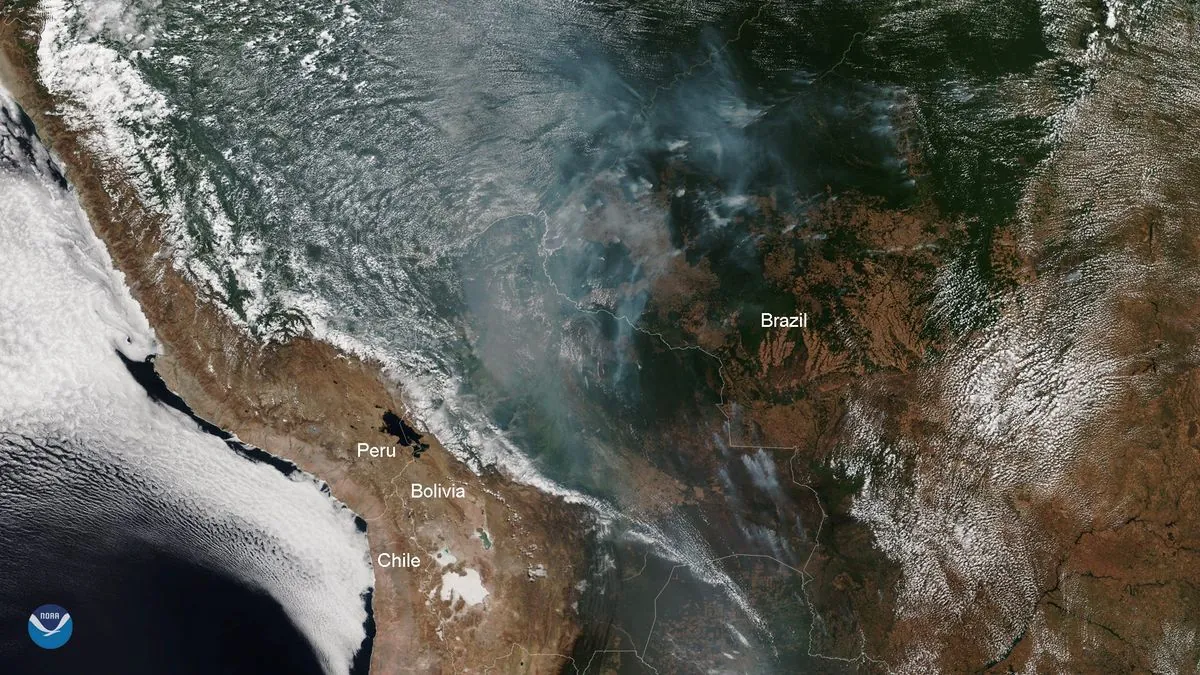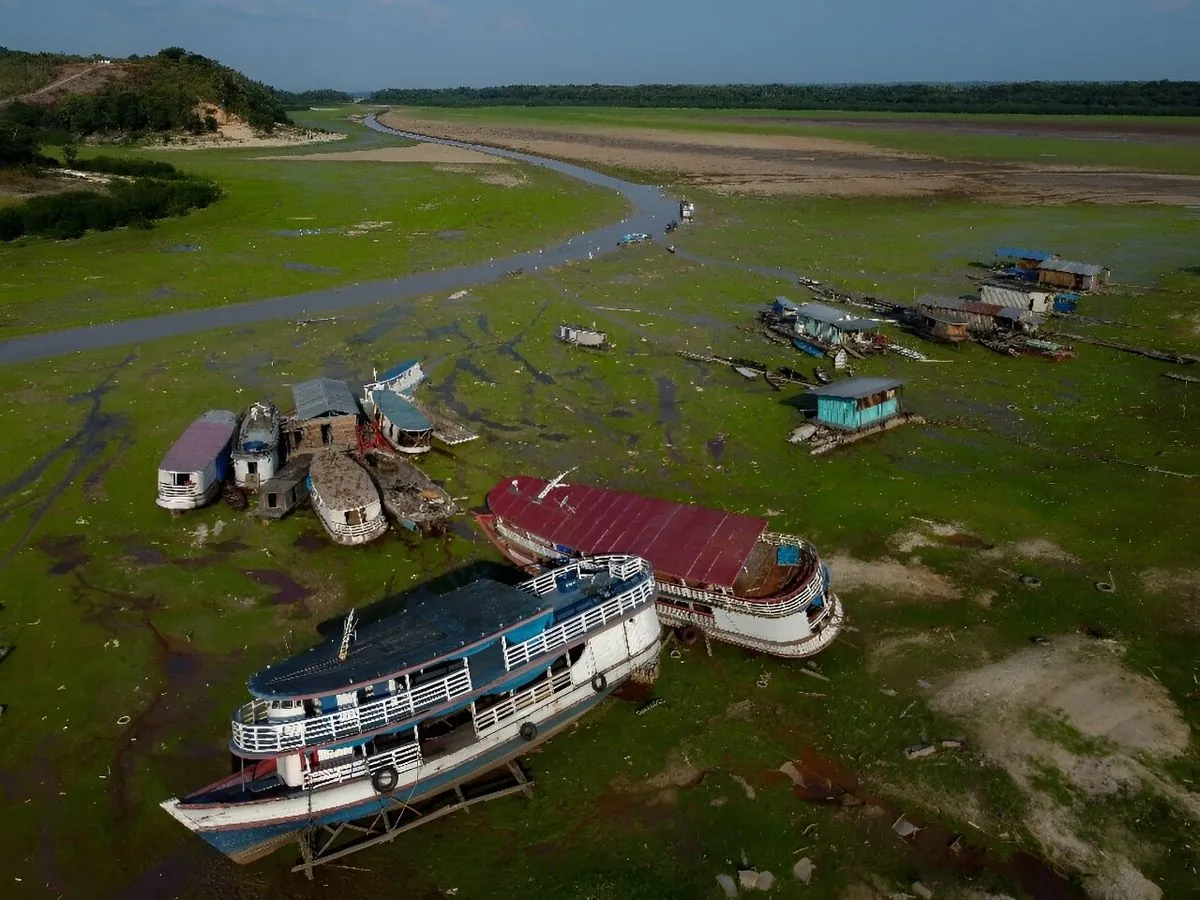Brazil Exempts Wildfire and Drought Spending from Fiscal Target
Brazil's Supreme Court allows government to exclude Amazon and Pantanal wildfire and drought expenses from fiscal target. Decision aims to address severe climate impacts on economy and environment.

Brazil's Supreme Court has made a significant decision regarding the country's fiscal policy in response to severe environmental challenges. On September 15, 2024, Justice Flavio Dino authorized the government to exempt spending on wildfires and droughts in the Amazon and Pantanal regions from this year's fiscal target.
This ruling comes as Brazil grapples with its most intense and widespread drought since records began in 1950. The Amazon rainforest, covering approximately 5.5 million square kilometers, and the Pantanal, the world's largest tropical wetland, have been particularly affected. The drought's severity has been exacerbated by a weak rainy season, rising temperatures, and land-use changes, with forests being converted to pastures.
The environmental crisis has had far-reaching consequences. Record wildfires have swept through the Amazon and Pantanal, regions known for their rich biodiversity. The Pantanal alone is home to over 1,000 bird species and 300 mammal species. Additionally, the drought has disrupted navigation along the Amazon River, the world's largest by water volume, isolating communities and impacting grain shipments from central-western states like Mato Grosso, Brazil's top grain-producing area.

In response to these challenges, Justice Dino has also authorized the government to bypass the usual waiting period for hiring temporary firefighters. This measure aims to expedite the response to wildfires, which have contributed to a 29% increase in Amazon deforestation in 2023 compared to the previous year.
The court's decision follows a similar exemption granted earlier this year for flood-related spending in Rio Grande do Sul. These exemptions highlight the growing financial burden of climate events on Brazil's public finances. The country's agricultural sector, accounting for about 5% of its GDP, is particularly vulnerable to these environmental changes.
While the ruling allows for increased spending flexibility, it raises concerns about Brazil's public debt, which reached 77.1% of GDP in 2023. The exempted expenses, while not counted towards the fiscal target, will still contribute to the overall debt burden.
This situation underscores the complex challenges Brazil faces in balancing economic goals with environmental protection. The country has committed to achieving zero illegal deforestation by 2030, a target that may become increasingly difficult to meet as climate change threatens to reduce Amazon rainfall by 20-25% by 2080.
As Brazil navigates these environmental and economic challenges, the government's response will be crucial in preserving the Amazon, which produces about 20% of the world's oxygen, and maintaining its position as the world's largest exporter of soybeans.


































